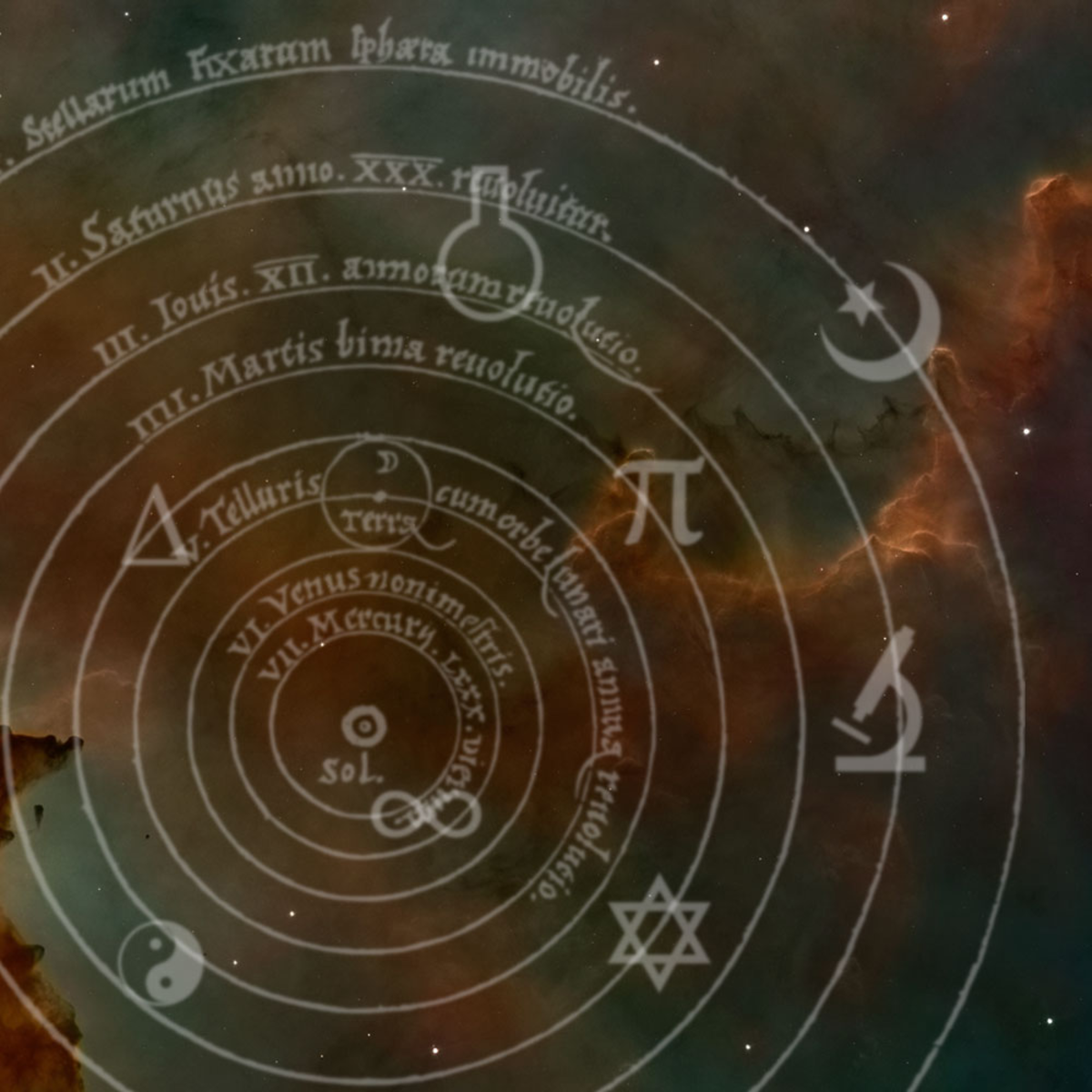Philosophy, Science and Religion: Philosophy and Religion
Overview
Philosophy, Science and Religion mark three of the most fundamental modes of thinking about the world and our place in it. Are these modes incompatible? Put another way: is the intellectually responsible thing to do to ‘pick sides’ and identify with one of these approaches at the exclusion of others? Or, are they complementary or mutually supportive? As is typical of questions of such magnitude, the devil is in the details. For example, it is important to work out what is really distinctive about each of these ways of inquiring about the world. In order to gain some clarity here, we’ll be investigating what some of the current leading thinkers in philosophy, science and religion are actually doing. This course, entitled ‘Philosophy and Religion’, is the second of three related courses in our Philosophy, Science and Religion Online series, and in this course we will ask important questions about the age-old debate between science and religion, such as: • What kind of conflicts are there between religion and science? • Does current cognitive science of religion effectively explain away God? • If there is a God who has made us so that we can know him, why do some people not believe? • Is belief in science also a kind of fundamentalism? • What makes us good at getting, giving, or sharing, knowledge? Is this different when it is religious knowledge? The first course in the Philosophy, Science and Religion series, 'Science and Philosophy' was launched early in 2017 and you can sign up to it at any time. The third course —‘Religion and Science’—will be launched early in 2018. Completing all three courses will give you a broader understanding of this fascinating topic. Look for: • Philosophy, Science and Religion I: Science and Philosophy https://www.coursera.org/learn/philosophy-science-religion-1/ • Philosophy, Science and Religion III: Religion and Science Upon successful completion of all three courses, students will: (1) Understand the main parameters at stake in the current debate between science and religion. (2) Have some familiarity with the relevant areas of science that feature in the debate—including cosmology, evolution, and the neurosciences—and will have begun to engage with them conceptually. (3) Have encountered key philosophical approaches to the interface between science and religion, and will have had the opportunity to engage them in practice. (4) Have embarked constructively in cross-disciplinary conversations. (5) Have demonstrated an openness to personal growth through a commitment to dialogue across intellectual and spiritual boundaries. You can also follow us on Twitter at https://twitter.com/EdiPhilOnline and you can follow the hashtag #psrmooc

